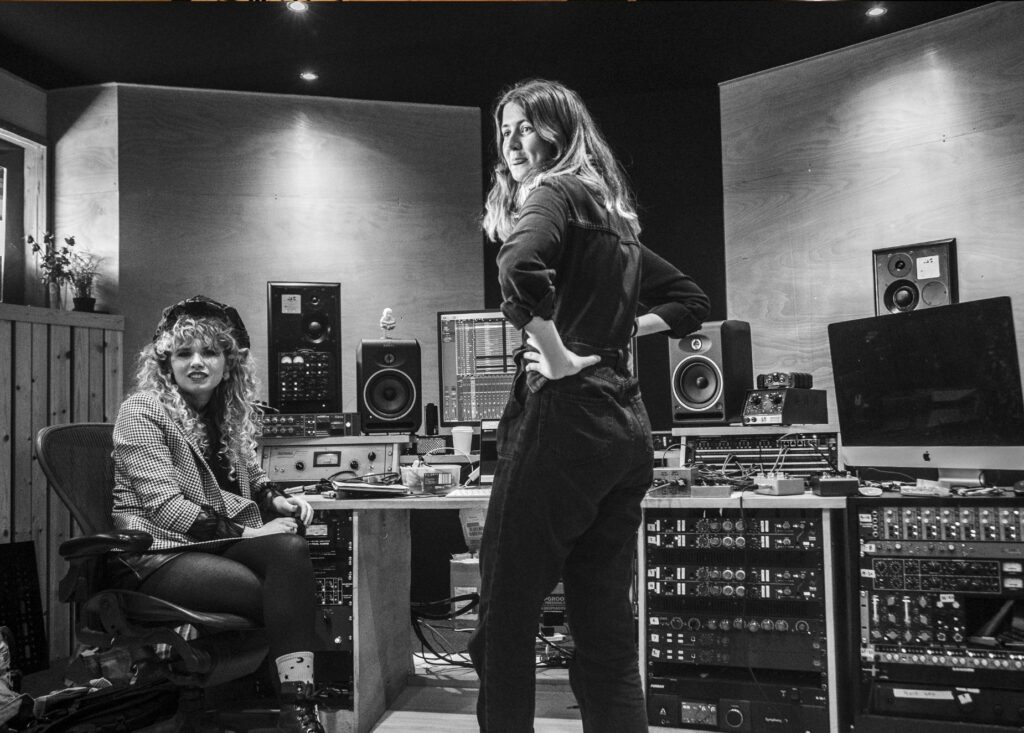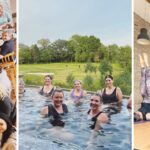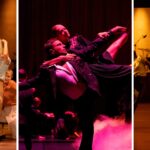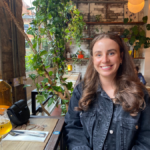- Work Hard
- 22nd May 2021
- 1.2k Views
- 0
- 1 minutes
Sunday sit-down with… Lisa Murphy

The local music producer, instrumentalist, teacher and recording studio owner sat down with us this weekend to talk about her recent Women In Music Production project – and the documentary that’s set for release later this week










Comments